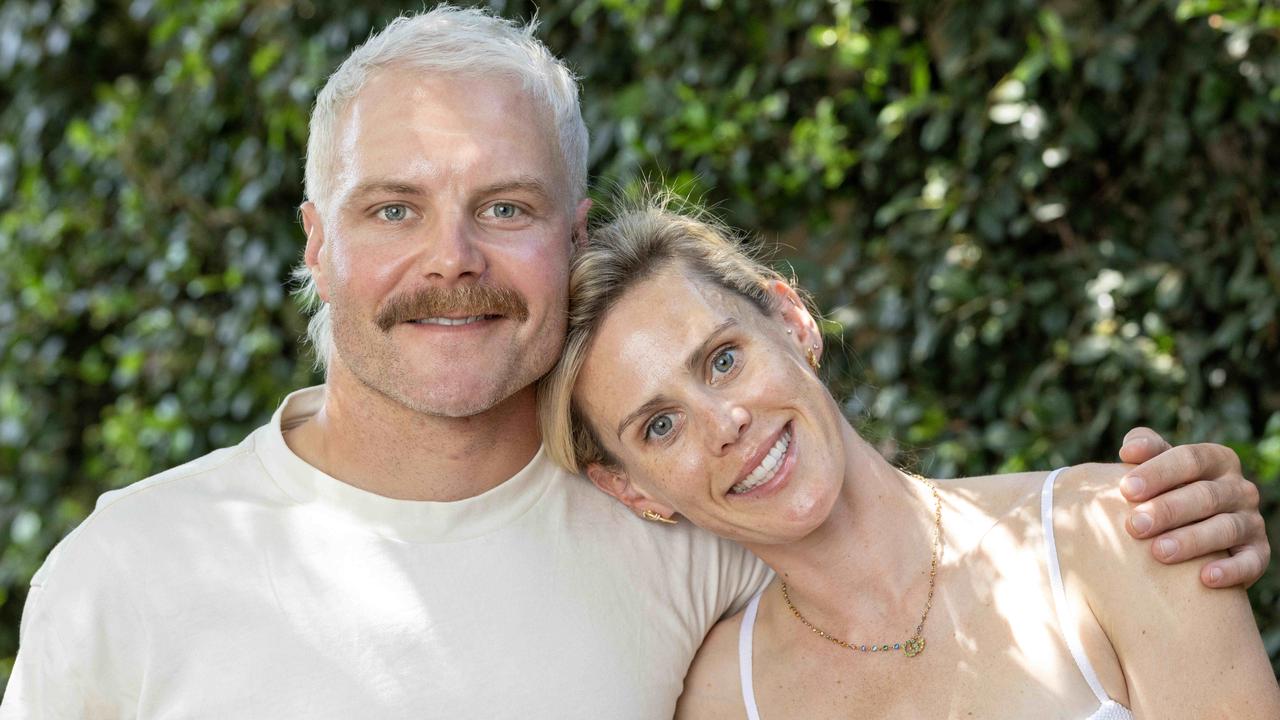Easing the heartache when ending a relationship
This year, almost 50,000 Aussie marriages will result in divorce and thousands of de facto relationships will also end. Breaking up is never easy, but there are ways to make the process less painful for all involved.

Whether you’ve been married for five years or living together for 50, separating from a long-term partner is never an easy decision. If Australian Bureau of Statistics (ABS) trends continue, this year, almost 50,000 Aussie marriages will result in divorce and thousands of de facto relationships will also end.
Despite the prevalence of relationship breakdowns, 65 per cent of Australians don’t know where to start when it comes to thinking about separating. In fact, three in five say they wish there was an independent party to help them make decisions.

These are just some of the findings revealed by Westpac’s nationwide Finances and Separation Report and according to Body & Soul psychologist Dr Tim Sharp, such overwhelming feelings of indecision are completely natural.
MORE FROM BODY+SOUL:
EAT YOUR WAY TO BETTER MENTAL HEALTH
TOP 7 WELLNESS EXPERIENCES AROUND THE WORLD
Although the process of breaking up can be stressful, it’s important to remember it can also be empowering.
“For some people, separation means saying ‘no’ to something you don’t want anymore,” explains psychotherapist and relationship specialist Melissa Ferrari.
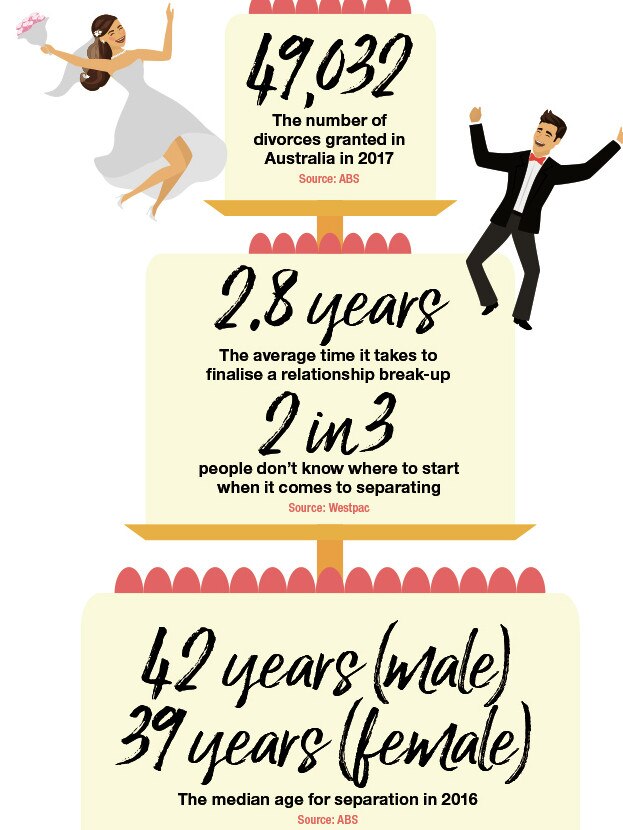
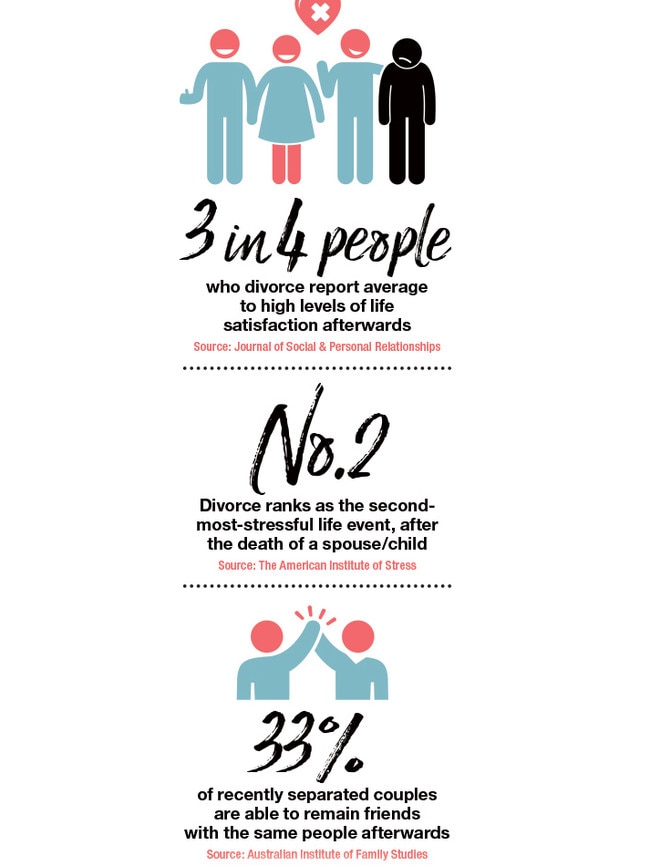
Westpac finance expert Kate Holloway agrees.
“Separation can also mean the beginning of new, healthy habits,” she says.
“The majority of people do something financially positive and significant within a year of separating, so it’s important you get help and overcome your fear of what to do next.”
For more information, go to westpac.com.au/help/lifemoments/separation-divorce/

How to get financially fit
From working out how you’ll pay the bills to deciding how best to split your assets, managing your finances during a separation can be especially anxiety-inducing.
According to Westpac’s Finances and Separation Report, for 65 per cent of people considering separating, the fear of financially starting over is so strong, it makes them hesitant to go through with it.
“If you’re thinking about separating or you’re newly separated, getting informed about your money is important,” Holloway says.

“The very first thing you should do is download a Proof of Balance statement so you know what you have, then discuss who’s responsible for the accounts or any debts.”
Twelve per cent of couples who’ve broken up rarely spoke about finances while they were together and Holloway notes it’s these couples who often take longer to settle their separation.
“Even when you separate, it’s important to try to talk about money with your partner. Although it can be difficult to have conversations about money, former couples who do are more likely to move on and be in a healthier position,” she says.
More than half of newly separated people are able to manage their finances positively within a year of their break-up, but if you’re finding it hard to cope, Holloway recommends reaching out to your bank to open up your cash flow.
“People don’t often talk to their bank about their separation, but it’s possible to pause your mortgage repayments so you can free up cash for things like rental bonds and achieve your financial independence much faster.”
How to get emotionally fit
Most men and women separate in their 40s and while relationship breakdowns are crushing at any age, when they occur during mid-life, they can dismantle your sense of identity.
“After a certain amount of time in a relationship you’re not just an individual — you’re a spouse, and losing that identity can almost feel like a death,” Dr Sharp explains.
Dr Sharp and Ferrari agree that it’s vital to use this experience as a chance to focus on what you really want.
“You’ll be able to rebuild your life with a new ‘identity’, form new relationships and look at the aspects of your personality that you want to reconstruct,” Dr Sharp says.
According to Dr Sharp, one of the biggest myths around resilience is that it means being tough and doing it on your own.
“Part of managing things is to have social support in the form of your family, good friends or even a therapist,” Dr Sharp says. Maintaining a routine is also key.
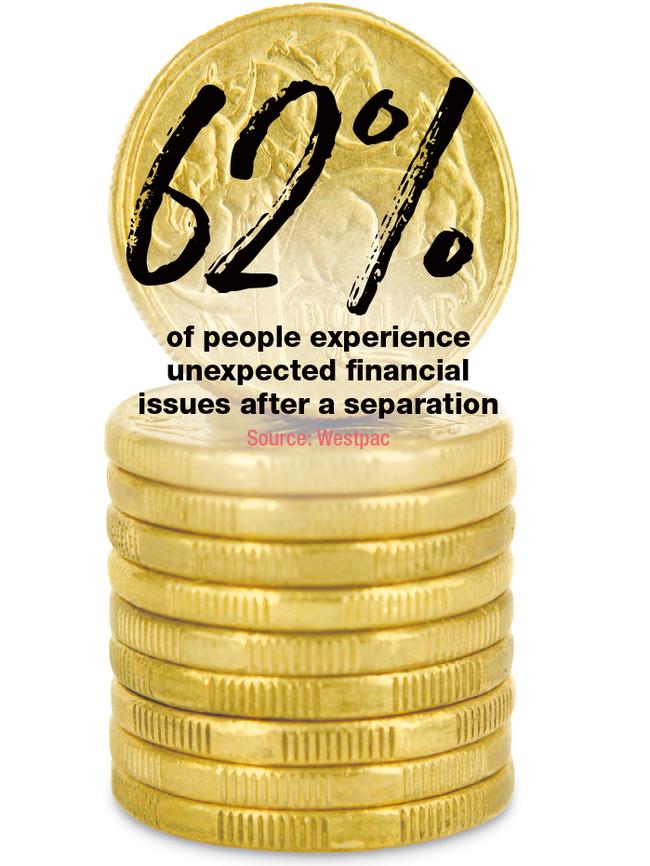
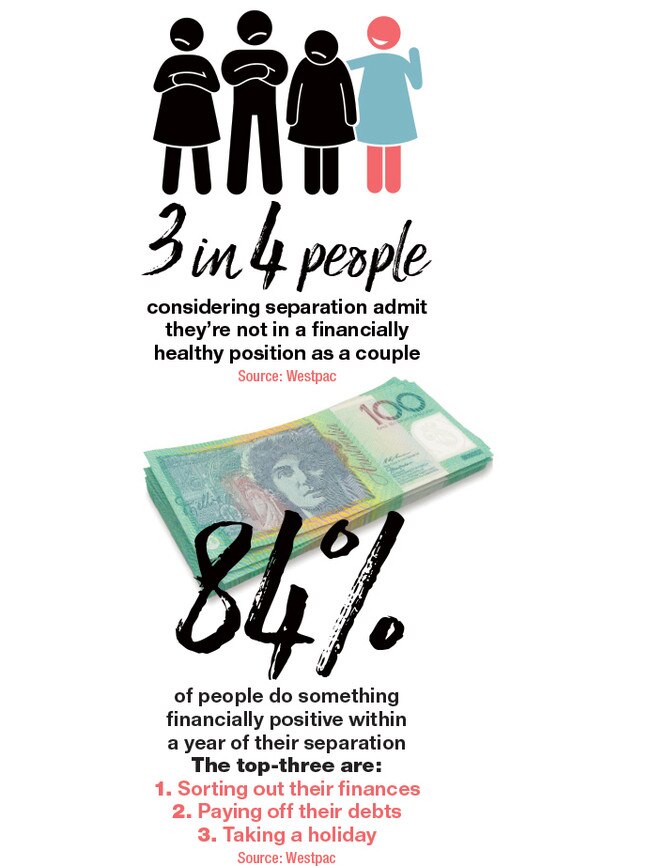
“Go to work and keep socialising in order to minimise your sense of isolation,” Dr Sharp says.
Incorporating exercise can be helpful as it raises your happy-hormone levels and helps you think clearly, Ferrari notes, as can mindfulness and cognitive behavioural therapy (CBT).
How to get parentally fit
When separation involves children, things can feel a lot harder. Although your natural impulse might be to put your children first, Ferrari notes that this will be near impossible if you or your partner are experiencing poor mental health.
“For their own psychological wellbeing, children need to see that their parents are coping,” she says.
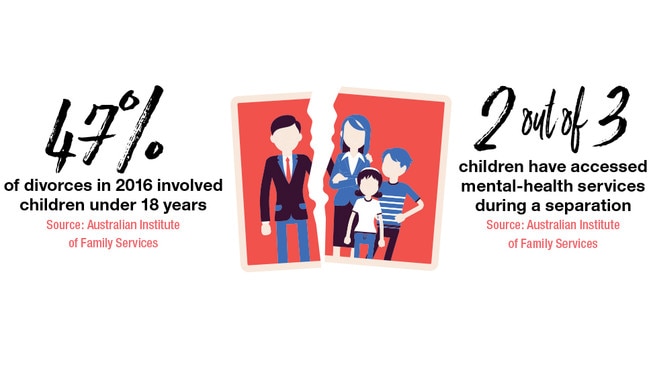
According to Dr Sharp, it’s best to save any heated discussions for when the kids aren’t around. But if they do catch on to what’s happening, be honest with them.
When discussing the financial responsibilities of raising children, Holloway says it’s important to have a plan to avoid confrontation. “Dedicate some time each month to work out the next stage of the separation together so you’re not trying to rush big decisions over the phone or over email,” she says. She recommends writing down the key points to avoid getting thrown off topic.
When it comes to discussing living arrangements and visitations, flexibility is paramount. “There is no one-size-fits-all approach,” says Dr Sharp.
“Things change, meetings come up and things get cancelled, so there should be a degree of flexibility. Try to be as rational as possible.”

